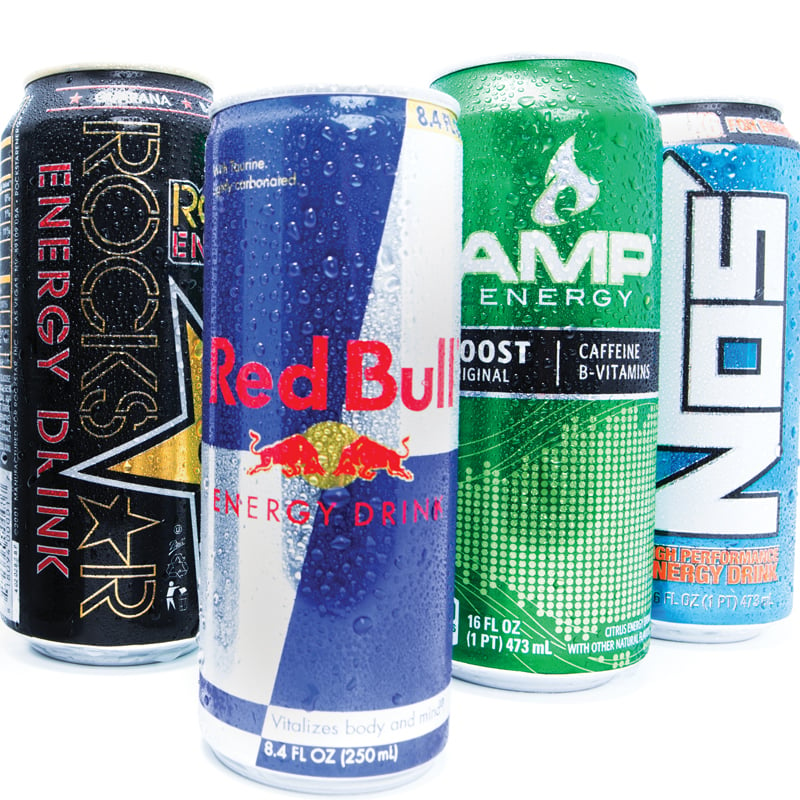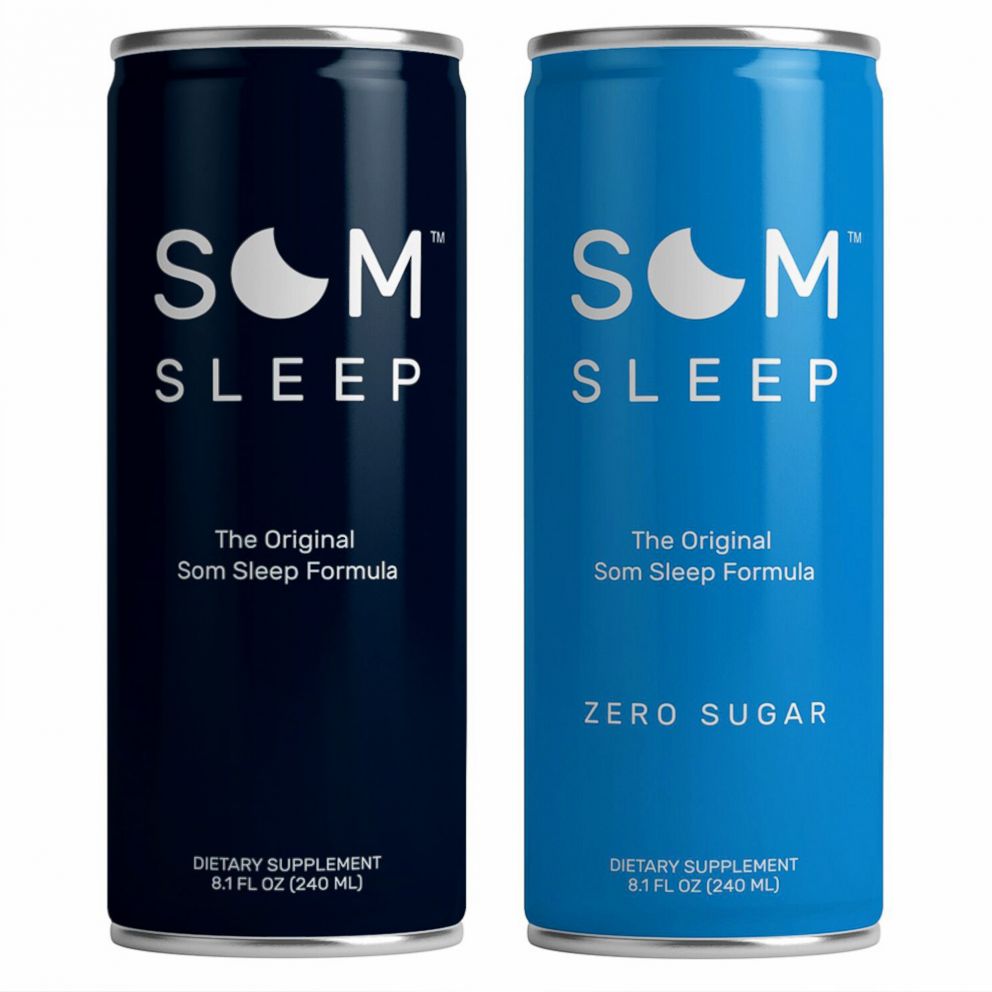Exploring the Ingredients of Energy Drinks
The Role of Caffeine in Energy Drinks
Why does energy drinks make me tired? Caffeine, the main stimulant in energy drinks, aims to keep you alert. Yet, it can backfire. When ingested, caffeine boosts adrenaline and dopamine levels. This surge creates short-term energy spikes. But soon, your body slows down as the effects wear off, causing tiredness.

How Sugar Affects Your Energy Levels
Sugar, another key ingredient, gives quick energy. However, excess sugar intake leads to rapid blood sugar changes. High blood sugar results in a burst of energy. Later, it dives, making you feel tired. This is why energy drinks can drain your energy instead of boosting it.
The Impact of Other Stimulants and Additives
Energy drinks often contain more stimulants like guarana and taurine, and additives such as artificial colors and flavors. These can interact with caffeine, amplifying both energy peaks and subsequent tiredness. Moreover, they may impose stress on the heart, contributing to fatigue after initial stimulation. Due to their complex effects, these ingredients might be why energy drinks make you tired after the initial buzz.
The Link Between Energy Drinks and Sleep Disruption
Consuming energy drinks can upset your sleep schedule. The caffeine in energy drinks, which aims to keep you awake during the day, can interfere with your ability to fall asleep at night. This is because caffeine has a half-life of about 5 to 6 hours, meaning it takes that long for its levels in your bloodstream to reduce by half. If you drink an energy drink late in the day, you might still feel its effects when you’re trying to sleep.
The Effects of Energy Drinks on Sleep Quality
Drinking energy drinks can reduce sleep quality. Even if you manage to fall asleep, the caffeine can cause restlessness and frequent awakenings. This results in less restorative sleep, which is vital for your body to recover and replenish energy. Moreover, energy drinks often contain sugar, which can also disrupt sleep. The sugar crash can awaken you from sleep as your body struggles to stabilize blood sugar levels.
Understanding Your Body’s Sleep-Wake Cycle
Your body’s sleep-wake cycle, or circadian rhythm, is a natural, internal process that regulates feelings of sleepiness and wakefulness over a 24-hour period. Consuming energy drinks, especially in the afternoon or evening, can disrupt this cycle. The alertness promoted by the caffeine and sugar in energy drinks can trick your body into thinking it’s not yet time for sleep, even when you’re tired. Over time, this can lead to difficulties in maintaining a regular sleep pattern, which is crucial for your overall health and well-being.
The Science Behind the Crash: What Happens Inside Your Body
Blood Sugar Spikes and Crashes
When you consume energy drinks, your body experiences a quick rise in blood sugar. This boost can make you feel energized instantly. However, your body works to bring sugar levels down. As insulin does its job, your blood sugar plummets. This crash leads to fatigue, as your cells demand more fuel.
Adrenaline Rush and Its Aftermath
Energy drinks trigger a rush of adrenaline. This ‘fight or flight’ hormone gives you a temporary boost. You feel alert and ready for action. But this feeling doesn’t last. Once the adrenaline wears off, you end up feeling more tired than before. Your body has expended energy on this artificial alertness, now demanding rest. It’s this cycle that often leads to the question of why energy drinks can make you tired.
The Paradox of Energy Drinks: Boost or Bust?
Energy drinks promise to fuel your day, but the outcome can be surprising. Experts often refer to this as the energy drink paradox: a temporary surge in energy followed by an unforeseen drop in stamina. This can make you question whether energy drinks truly serve as a boost or lead to a bust in your energy levels.
How Tolerance to Stimulants Reduces Effectiveness
Regular consumption of energy drinks can lead to tolerance. Your body adapts to the stimulants, like caffeine. Over time, you may need more to feel an effect. This tolerance reduces the effectiveness of energy drinks. You end up drinking more, only to find the boost less powerful and the crash harder.
The Psychological Expectation vs. Biological Reality
When you reach for an energy drink, you expect a wave of vigor and alertness. This psychological expectation often clashes with biological reality. The body’s reaction might be different. While your mind is set on the energy surge, the body experiences stress, which can lead to fatigue. The result is that energy drinks may leave you more tired than energized after the initial buzz fades away.

Energy Drinks and Hydration: An Overlooked Factor?
Hydration plays a crucial role in how our bodies function. Yet, its connection with energy drinks is often neglected. These beverages may actually lead to a state of dehydration. This occurs because of the diuretic effect of caffeine, which increases urine production. When you consume energy drinks, you may mistakenly believe you’re quenching your thirst. In reality, you could be depleting your body’s water reserves without realizing it.
Dehydration as a Cause of Fatigue
Dehydration is a well-known energy zapper. It causes your body to work harder than usual to maintain normal functions. If energy drinks are making you tired, it might be because they are dehydrating you. Signs of dehydration include thirst, dizziness, and fatigue. When your body lacks water, blood volume drops. This means less oxygen travels to your cells. With less oxygen, you feel more tired and may struggle to concentrate.
Importance of Water for Energy Management
Water is essential for energy. It helps with digestion, absorption, and transportation of nutrients. It also regulates body temperature and removes waste. Without enough water, your energy systems can’t work at their best. Drinking water throughout the day is key to managing energy levels. Instead of relying on energy drinks for a pick-me-up, try reaching for water to keep your body hydrated and energized.
Alternatives to Energy Drinks for Sustained Energy
Seeking a long-lasting energy source is essential. Energy drinks may not be the ideal choice. They offer quick fixes but can result in fatigue. It pays to look at alternate ways to maintain energy levels. There are healthier options and lifestyle adjustments that can boost endurance without the crash.
Healthier Stimulant Options
Instead of energy drinks, consider natural stimulants. Green tea is a good example. It has less caffeine and contains L-theanine, which offers calm alertness. Dark chocolate is another option. It has small amounts of caffeine and is rich in flavonoids that can enhance brain function. Finally, ginseng, a traditional herb, may boost energy and reduce fatigue.

Lifestyle Changes for Natural Energy Boosts
Incorporating certain habits into your daily routine can also uplift energy. Start with a balanced diet; eat whole grains, lean proteins, and fresh vegetables. Get regular exercise, even just a brisk walk can invigorate you. Ensure quality sleep by sticking to a schedule and creating a restful environment. Lastly, manage stress through meditation or deep-breathing exercises. These practices will increase your natural vitality, making you less dependent on energy drinks.
Practical Tips for Energy Drink Consumers
Navigating the energy drink aisle can be overwhelming. With an array of choices, selecting the healthiest option is key. This section aims to guide you through making better decisions as an energy drink consumer.
How to Choose Healthier Energy Drinks
Looking for energy drinks that won’t leave you tired? Here are some tips:
- Check the caffeine content. Choose drinks with lower amounts of caffeine to avoid crashes.
- Opt for less sugar. High sugar content can lead to spikes and plummets in energy levels.
- Seek natural ingredients. Drinks with herbal extracts may offer gentler stimulation.
- Avoid artificial additives. Artificial colors and flavors may harm your health.
- Consider the size. Smaller cans reduce the risk of consuming too much caffeine or sugar.
Follow these steps to pick an energy drink that boosts your energy without the negative side effects.
Strategies to Avoid Energy Drink-Induced Fatigue
To combat the fatigue that energy drinks can cause, try these strategies:
- Limit intake. Stick to one energy drink a day, preferably in the morning.
- Stay hydrated. Drink water before and after your energy drink to stay hydrated.
- Balance your diet. Eat foods that release energy slowly, like whole grains and proteins.
- Get enough sleep. Aim for 7-9 hours each night to avoid relying on energy drinks.
- Manage your stress. Use relaxation techniques to maintain your energy levels naturally.
By adopting these strategies, you can enjoy the benefits of energy drinks without feeling more tired after.
